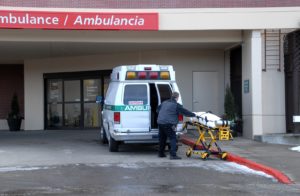 As a caregiver there are likely many things that concern you about the idea of your elderly parent having to go to the emergency room. What you might not immediately think about is what could happen after your aging parent returns home. Hospital readmission is one of the greatest risks that your aging loved one can face if they need to seek out urgent medical attention at an emergency room, putting them at risk for a variety of complications and concerns. This term applies to when a person returns to the emergency room or hospital within 30 days after their discharge and the rate of it is particularly high among elderly adults. Each time that your aging parent goes to the hospital they are at further risk of suffering a fall or other injury, contracting an illness or infection, or developing delirium. They also put a strain on the resources of the hospital, preventing others from getting the care that they need. Fortunately there are many things that you can do to help reduce the chances that your parent will head back to the emergency room after their discharge.
As a caregiver there are likely many things that concern you about the idea of your elderly parent having to go to the emergency room. What you might not immediately think about is what could happen after your aging parent returns home. Hospital readmission is one of the greatest risks that your aging loved one can face if they need to seek out urgent medical attention at an emergency room, putting them at risk for a variety of complications and concerns. This term applies to when a person returns to the emergency room or hospital within 30 days after their discharge and the rate of it is particularly high among elderly adults. Each time that your aging parent goes to the hospital they are at further risk of suffering a fall or other injury, contracting an illness or infection, or developing delirium. They also put a strain on the resources of the hospital, preventing others from getting the care that they need. Fortunately there are many things that you can do to help reduce the chances that your parent will head back to the emergency room after their discharge.
Some things that you can do during your parent’s visit to the emergency room to help reduce the chances of readmission include:
• Know exactly what is wrong. While you might have an idea of what your parent is dealing with when they go into the emergency room, make sure that you pay attention and find out what is actually wrong. They might have a different issue than you originally thought, or multiple concerns that are interacting with one another. Knowing what they are actually dealing with ensures that you monitor their condition and management properly throughout their recovery.
• Keep the lines of communication open. Talk to the medical team as much as you need to to feel confident you understand what you parent is facing and the type of care that they need to handle their recovery effectively. Do not hesitate to ask questions and take notes so that you can structure your care approach properly.
• Watch for signs of delirium. Though it generally develops during longer hospital stays such as in the intensive care unit, delirium can develop during longer emergency room stays as well. Stay vigilant about your parent’s condition, provide mental stimulation, and bring any changes to their function or awareness to the attention of their medical team as quickly as possible.
• Understand their medications and treatments. Medication compliance is one of the most important elements of effective recovery after a visit to the hospital. This means ensuring that your loved one takes their medications or undergoes their treatments when and how they are supposed to in order to get optimum benefits and avoid complications. By knowing everything that you need to about these medications and treatments allows you to give your parent reminders and support to follow through with this compliance.
Starting home care for your elderly parent can be extremely valuable after a visit to the emergency room. The highly personalized services of this type of care provider are specifically designed to address your loved one’s individual needs and to give them the support and assistance necessary to help them do what they need to do to aid in their recovery and in a healthier lifestyle moving forward. This means offering them emotional support and encouragement, giving reminders to keep your loved one compliant with their medications and treatments, and giving them physical care and support to protect their safety and health. Together with the care and support that you give them, these services can help your parent avoid a hospital readmission and the potentially dangerous consequences that can bring.
For caregivers in Mt. Laurel, NJ and the surrounding areas, call and talk to us at Home to Stay Healthcare Solutions (856) 321-1500.












